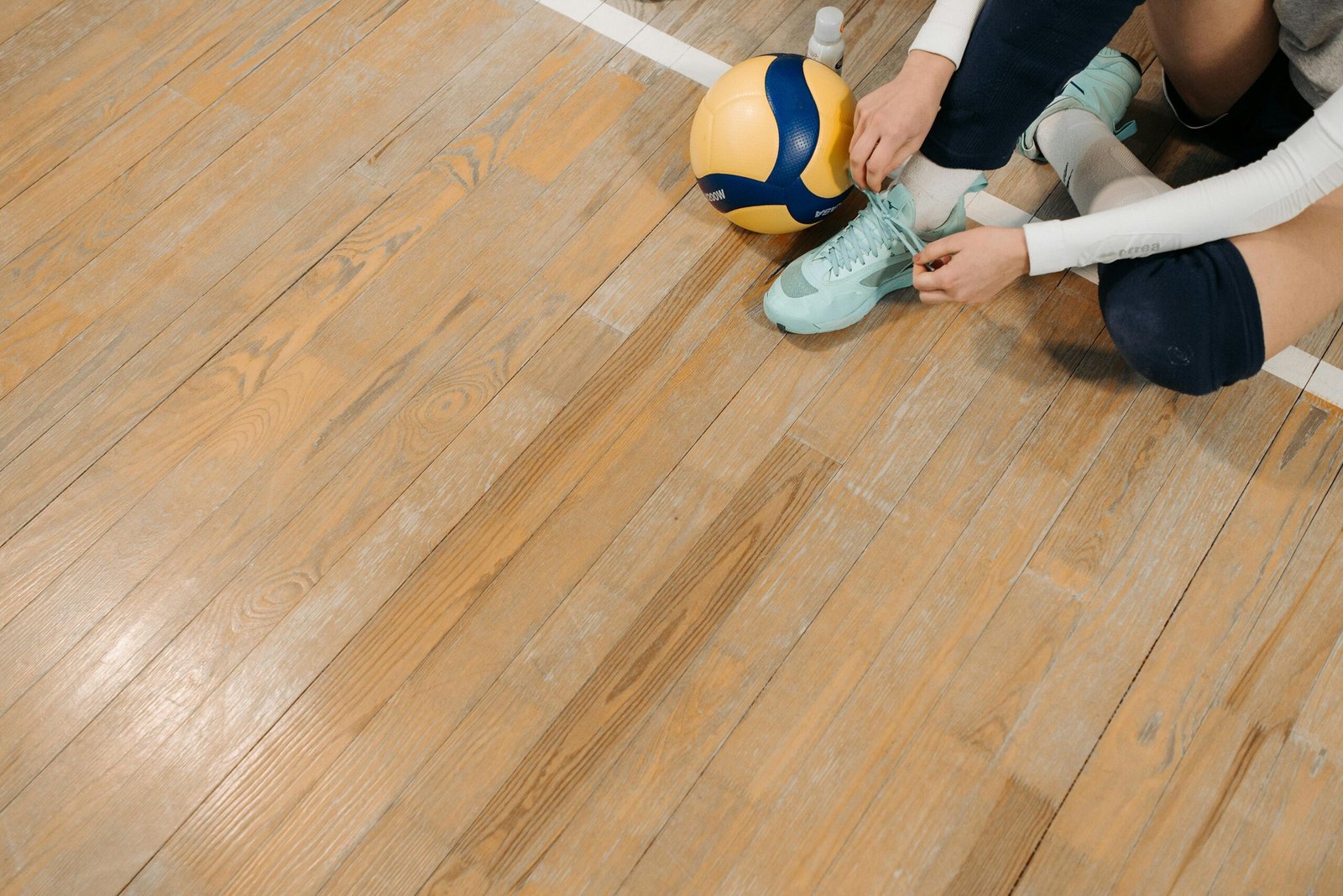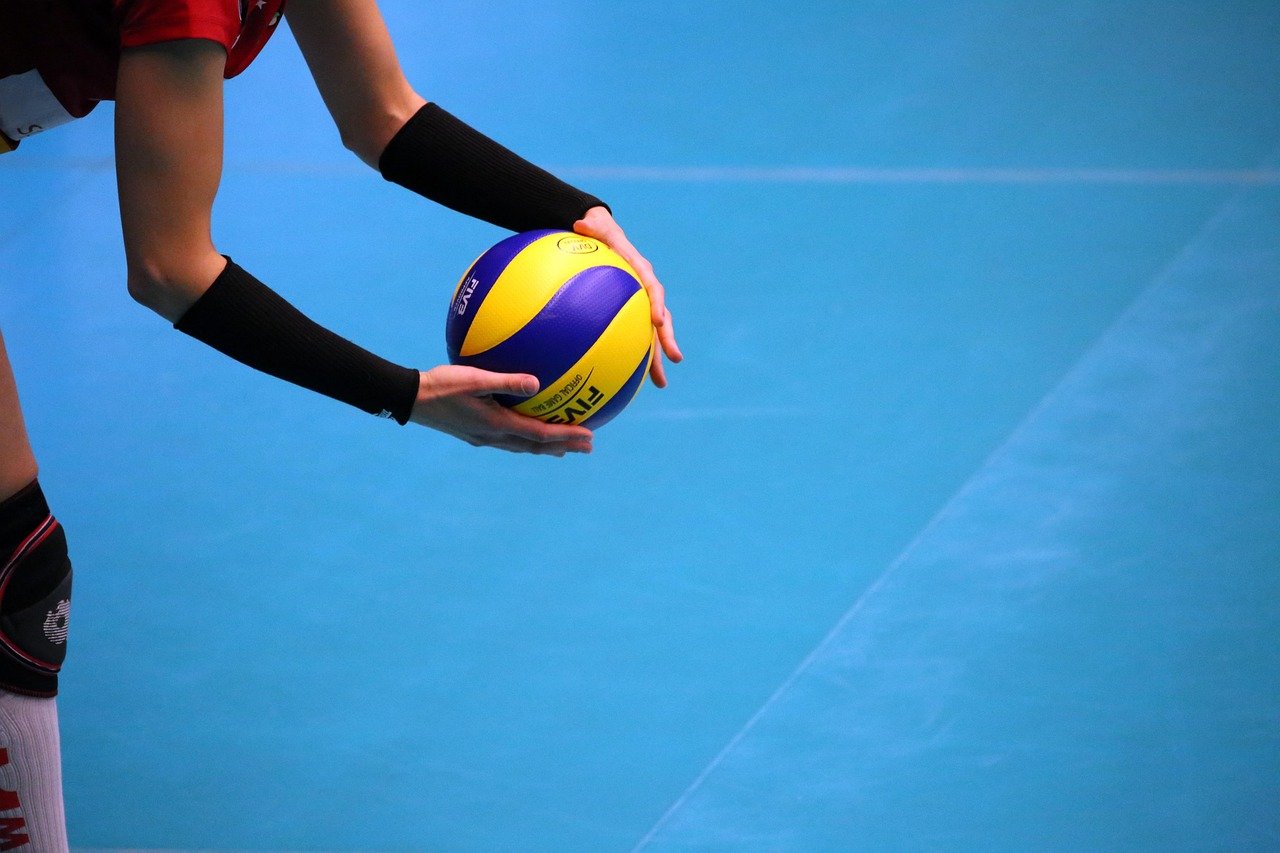The libero is a specialised defensive player in volleyball, dedicated to serve receive, digging, and passing. Introduced to improve ball control and defence, the libero plays a crucial role in stabilising the team’s backcourt and setting up offensive plays.
If you want to become an outstanding libero, this guide will walk you through the position’s responsibilities, vital skills, and training techniques to dominate defence and improve overall team performance.
What is the Role of the Libero?
The libero is a backcourt defensive specialist who:
- Plays in place of middle blockers during back-row rotations
- Cannot attack above the net or serve (in most leagues)
- Focuses on accurate passing and digging to keep rallies alive
- Provides consistent serve receive to facilitate offensive plays
- Communicates actively to organise team defence
Essential Skills for Liberos
1. Serve Receive Passing
- Master the forearm pass (bump) for precise serve receive.
- Maintain a balanced stance with knees bent and arms ready.
- Anticipate serves and adjust positioning quickly.
- Deliver controlled passes to the setter’s target zone.
2. Digging
- Develop quick reflexes to react to powerful spikes.
- Use proper technique by getting low and cushioning the ball with forearms.
- Maintain focus and balance to control difficult balls.
3. Court Coverage and Movement
- Cover a large portion of the backcourt efficiently.
- Use quick, low movements and proper footwork.
- Communicate with teammates to avoid coverage gaps.
4. Communication and Leadership
- Act as a defensive leader on court.
- Call plays and alert teammates to opponent strategies.
- Encourage and support team morale.
5. Physical Fitness and Agility
- Build endurance to maintain high energy throughout matches.
- Improve lateral quickness and reaction speed.
- Maintain core strength for stability during low digs.
Training Tips for Liberos
Improve Serve Receive Skills
- Practice receiving different types of serves: float, topspin, jump serves.
- Work on platform angles and foot positioning.
- Use drills with consistent serve tosses to refine technique.
Enhance Digging Ability
- Engage in reaction drills using balls launched at different speeds and angles.
- Practice low defensive stances and explosive movements.
- Incorporate partner drills simulating game-like attacks.
Develop Footwork and Coverage
- Perform agility ladder and cone drills to improve quickness.
- Practice moving efficiently without crossing feet.
- Train sliding and shuffling movements common in defence.
Build Communication Skills
- Participate in team drills emphasising verbal and non-verbal cues.
- Lead warm-ups and practice sessions to foster leadership.
- Study opponent tendencies to anticipate plays.
Common Mistakes to Avoid
- Standing too upright and losing balance during passes.
- Overreaching and mistiming digs.
- Poor communication leading to missed defensive assignments.
- Neglecting physical conditioning, resulting in fatigue.
Mental Tips for Liberos
- Stay calm under pressure and maintain focus during rallies.
- Visualise successful passes and digs before each play.
- Embrace a team-first attitude and lead by example.
Equipment Recommendations
- Wear volleyball shoes designed for quick lateral movements and excellent grip.
- Use knee pads to protect against frequent floor contact.
- Consider padded shorts or compression gear for extra protection.
How Liberos Influence Team Success
The libero stabilises the team’s defence and improves ball control, allowing setters to run effective offences. Their consistent serve receive and digging reduce opponents’ scoring opportunities and boost team confidence.
Final Thoughts
Mastering the libero role requires dedication to defensive fundamentals, quickness, and communication. By focusing on serve receive, digging, and court coverage, you can become an invaluable asset who strengthens your team’s defence and helps control the game’s pace.



